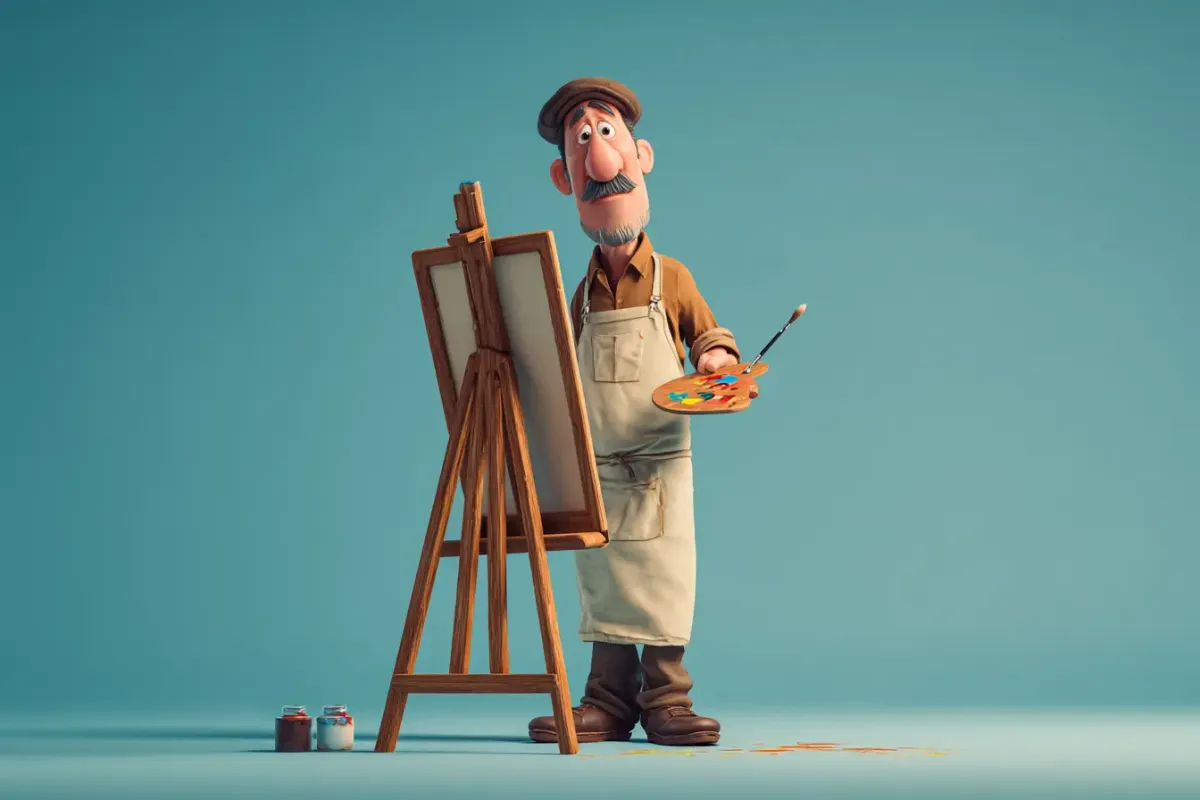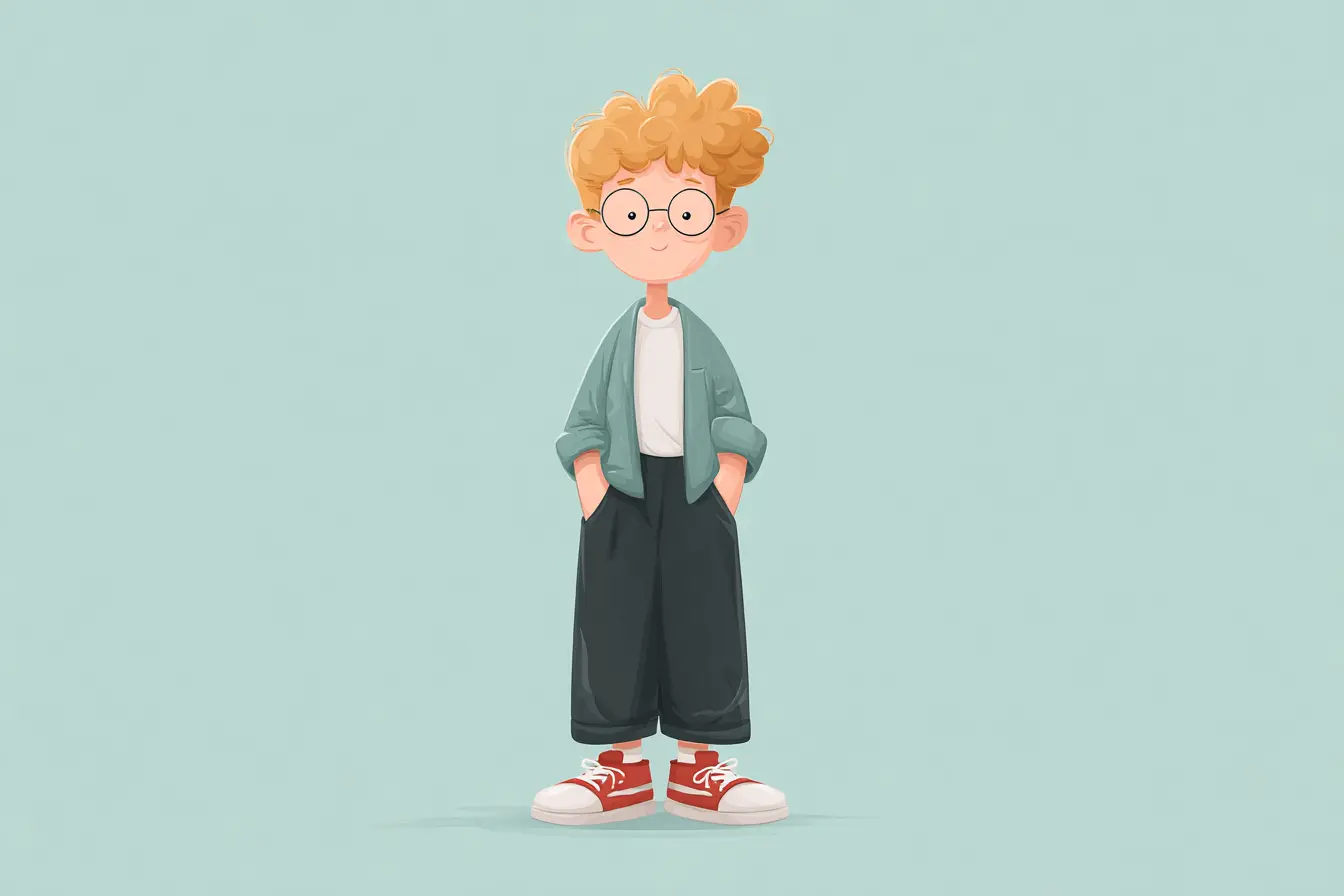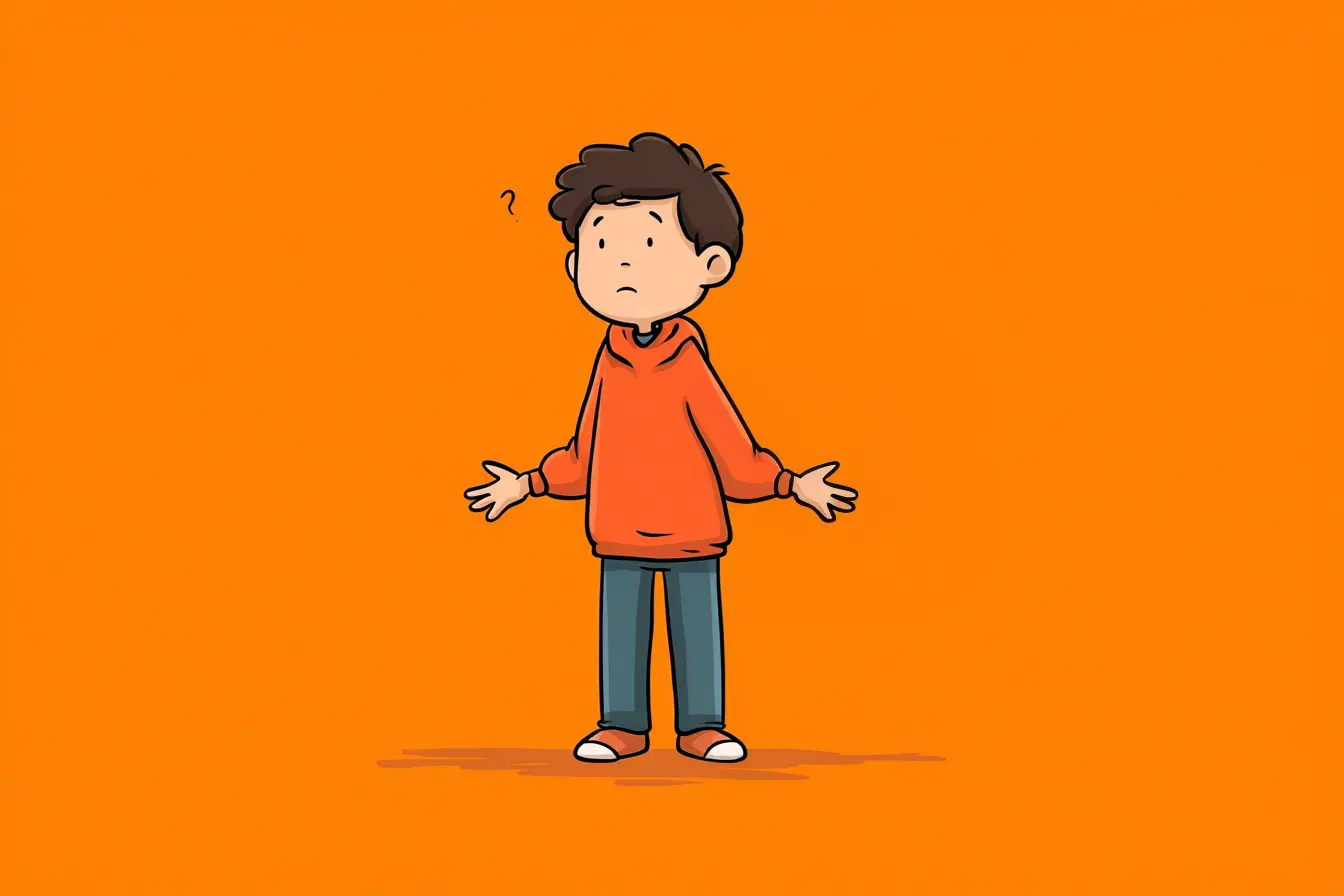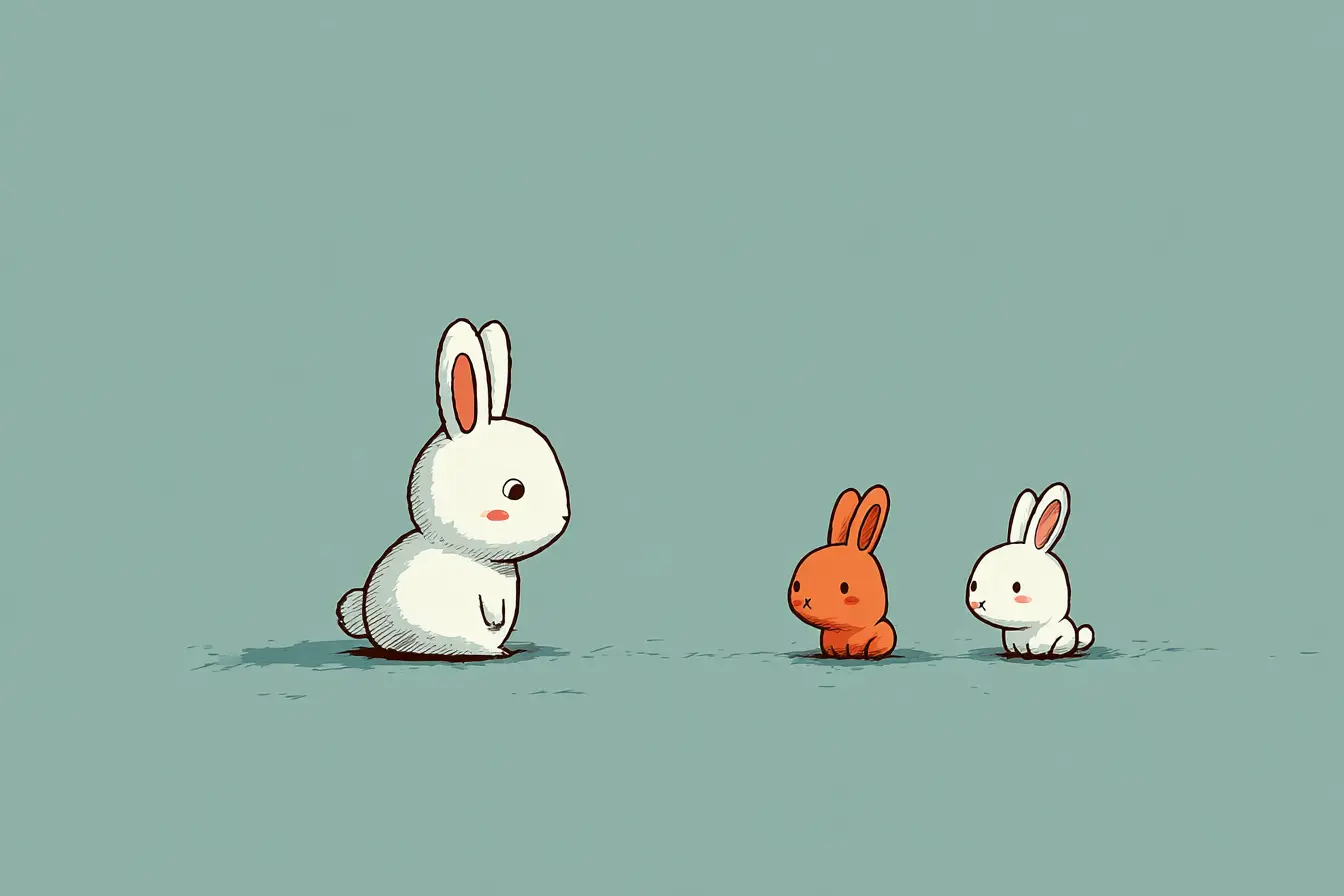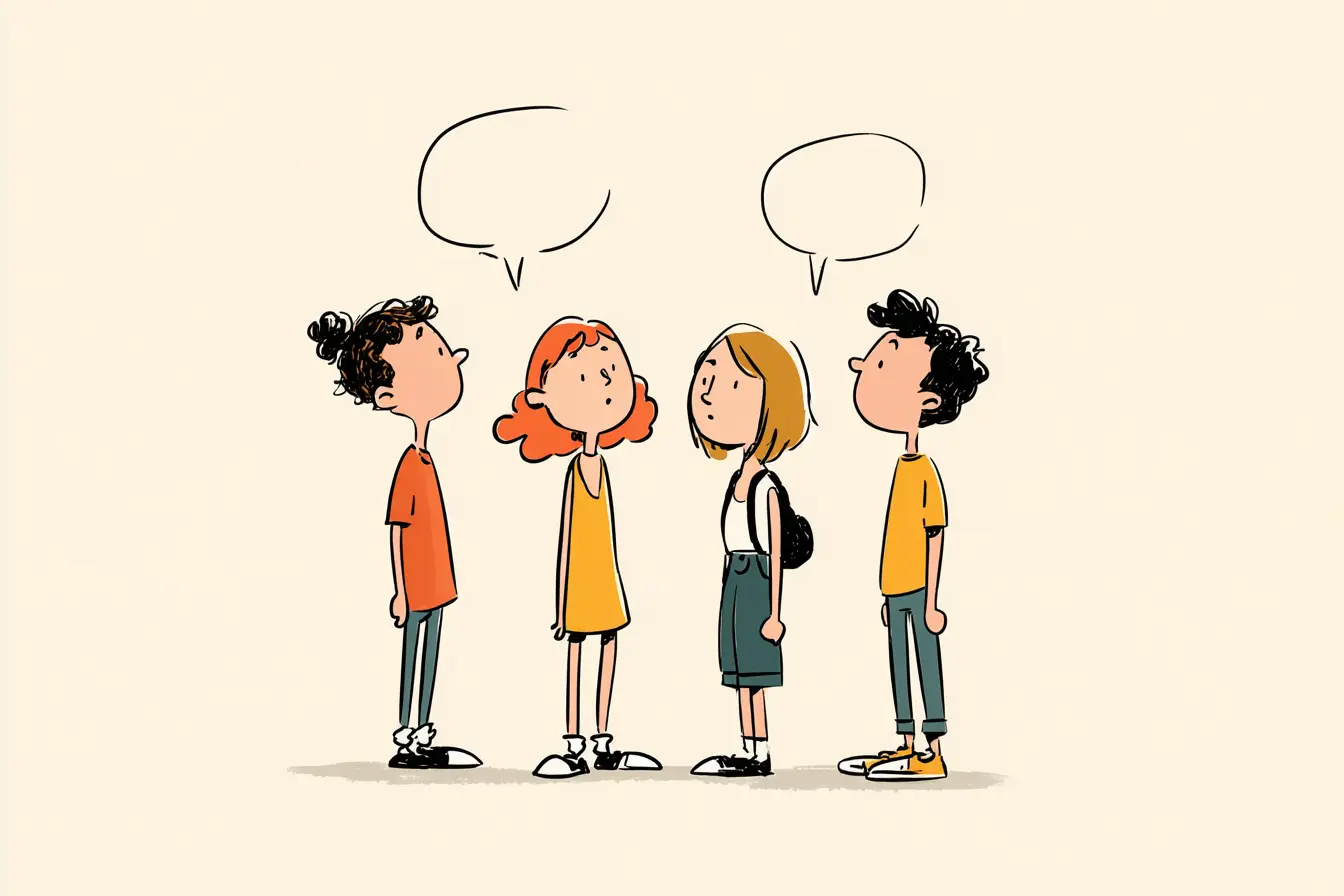Free time can be one of life’s best luxuries, if you know how to use it. Picking the right pastime can bring joy, help you develop new skills, and even expand your social circle. There are hobbies for every personality, schedule, and budget. Some are productive and useful, others are purely fun, and some are so unique you might never have thought of them.
Below, you’ll find a full table with 40 hobby ideas suitable for adults or teens, men and women. After the table, we’ll dive into each category with detailed, example-rich descriptions so you can choose something that excites you.
Quick Guide: 40 Hobbies Worth Trying
Creative Hobbies: Turning Ideas into Something Tangible
Creative activities are perfect for self-expression and mental relaxation. They give you something you can see, touch, or share—a satisfying result of your time.
- Painting – Acrylics are affordable and easy to work with, while watercolors encourage patience and control. Even simple color exercises can be deeply rewarding.
- Photography – Experiment with natural light, composition, and themes. Start with your phone before investing in a camera.
- Creative writing – Write short stories, poetry, or personal essays. It’s a useful hobby for improving communication and boosting creativity.
- Pottery – Shape clay into mugs, bowls, or sculptures. The process itself is meditative, and you end up with functional art.
- Calligraphy – Learn decorative lettering for cards, invitations, or framed quotes. A few minutes of practice daily brings visible progress.
- Knitting – Begin with a scarf to learn the basics, then move to hats and sweaters. It’s portable and relaxing.
- Jewelry making – Create personalized bracelets, earrings, and necklaces. Great for gifts or small-scale selling.
- Scrapbooking – Combine photos, captions, and keepsakes in creative layouts. Perfect for preserving memories.
- Graphic design – Use beginner-friendly tools like Canva to design posters, invitations, or social media content.
- Candle making – Experiment with scents and colors. Homemade candles make thoughtful, customizable gifts.
Intellectual Hobbies: Expanding Your Mind
Perfect for people who want a mental challenge and personal growth, these intellectual hobbies keep you learning and thinking.
- Language learning – Opens doors to travel, career opportunities, and new friendships.
- Chess – Enhances strategy, patience, and concentration. Online platforms make it easy to play globally.
- Coding/programming – Create websites, apps, or games. Even basic skills can be very beneficial.
- Reading clubs – Combine your love of books with engaging discussions.
- Playing an instrument – Develops coordination, memory, and musicality. Start with easy songs.
- Blogging – Share your expertise or experiences online. Blends writing, research, and design skills.
- Genealogy – Trace your family history through archives and online tools.
- Philosophy study – Dive into big questions and improve critical thinking.
- Photography analysis – Study famous works to deepen your appreciation of visual art.
- Science experiments – Simple projects at home make science interesting and hands-on.
Physical Hobbies: Moving for Energy and Confidence
These good hobbies keep you active, boost your health, and often bring a social element too.
- Hiking – Explore local trails or national parks. It’s excellent for both fitness and stress relief.
- Cycling – Road cycling builds endurance; mountain biking adds adventure. Start with short, manageable rides.
- Swimming – A full-body workout that’s gentle on joints. Learn different strokes for variety.
- Yoga – Improves flexibility, posture, and focus. Classes or online videos can guide beginners.
- Dancing – From salsa to hip-hop, dancing is both a workout and a way to meet people.
- Rock climbing – Builds strength, flexibility, and problem-solving skills. Indoor gyms are great for starters.
- Martial arts – Improves discipline, coordination, and self-defense skills. Many styles welcome beginners.
- Gardening – Physical enough to count as exercise, and you get fresh herbs or vegetables.
- Running – One of the most accessible hobbies to learn: just good shoes and a safe route.
- Pilates – Focuses on core strength, flexibility, and injury prevention.
Social Hobbies: Connecting with Others
If you want to meet people, strengthen your community ties, or simply share a laugh, these hobbies are perfect options to try.
- Board game nights – Fun for all ages, with options from light party games to strategic challenges.
- Community theater – Act, direct, or help backstage.
- Volunteering – Support causes you believe in while building connections.
- Choir singing – Many choirs welcome singers of all levels. The group energy is uplifting.
- Improv comedy – Boosts confidence, quick thinking, and humor.
- Cooking classes – Learn new dishes and share meals in a social setting.
- Language exchange meetups – Practice speaking while meeting people from different backgrounds.
- Sports teams – Join local leagues for exercise and camaraderie.
- Book clubs – Combine reading with friendly discussion.
- Local travel groups – Discover nearby attractions with a group of explorers.
Final Tips for Choosing Your Next Hobby
- Follow your curiosity – Pick something that excites you, not just what’s trending.
- Start small – Even 30 minutes a week is enough to begin.
- Mix it up – Combine a relaxing solo hobby with a social or active one.
- Track your progress – Improvement is one of the most motivating parts of any pastime.
You can choose one of the easy hobbies to pick up for quick fun or go for long-term hobbies for personal growth. Either choice can make your days more meaningful. From popular favorites to hidden gems, your next passion might be just a weekend away.
FAQ
1. How do I choose between a productive hobby and a fun one?
You don’t have to choose, because many hobbies are both. For example, learning a language is a productive hobby that’s also enjoyable, especially if you practice through music, movies, or conversation groups. The best approach is to pick something that feels rewarding now but also offers long-term benefits.
2. What’s the easiest hobby to start if I have almost no free time?
Look for easy hobbies to pick up that fit into short bursts, like 10–15 minutes a day. Journaling, simple cooking challenges, or short yoga routines can be started right away without much preparation or cost. Over time, these small sessions often turn into bigger commitments.
3. Can hobbies really help me meet new people?
Absolutely. Many hobbies, like board game nights, sports leagues, or language exchange meetups, are designed to be social. Even solo activities can become social if you join online groups, workshops, or local clubs related to your interests.


